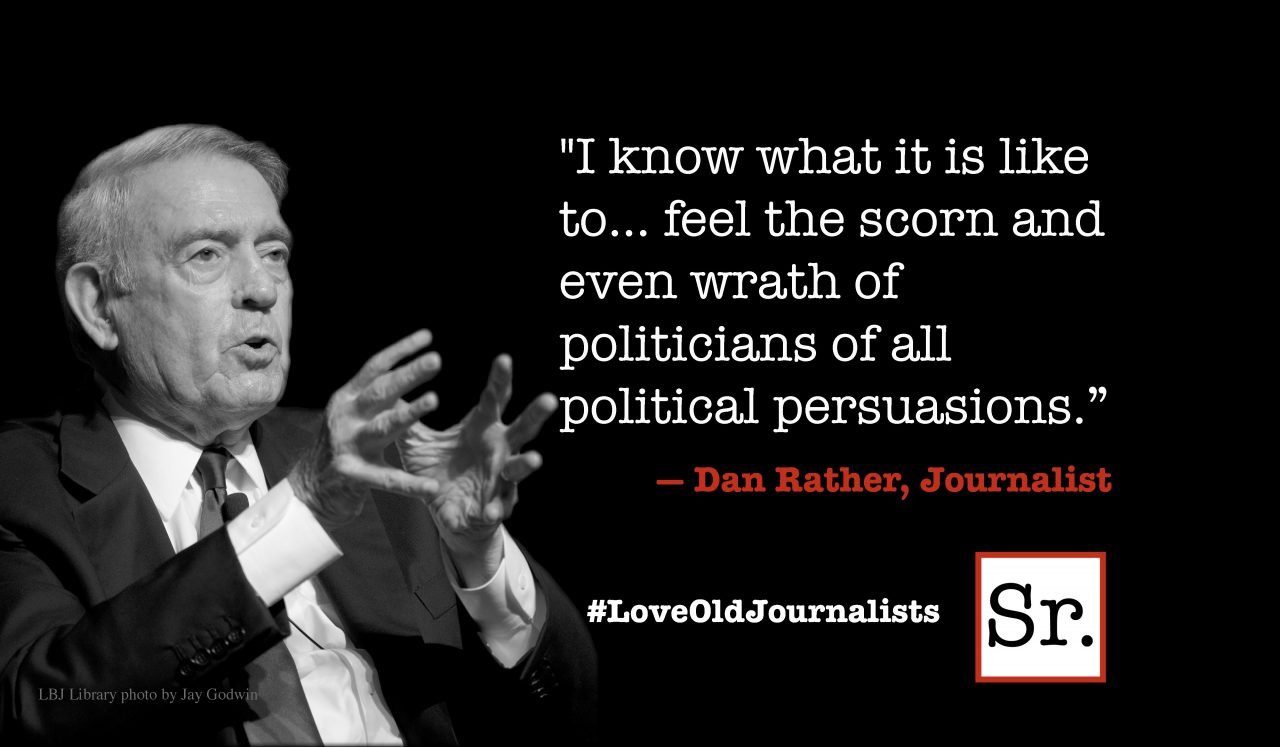Often when we ask clients "So, how's it going?" the response is "I'm overwhelmed." Or, "It's just not fun anymore." Or, "By the time I finish my 12-hour day and keep up with the kids' schedules, I'm a zombie. It's overwhelming." This morning, I opened up Facebook to see that one of my talented colleagues is reporting to the world that she is, in one word, "overwhelmed."
I have yet to stand on a street corner and conduct an official and unbiased poll about this, but I am beginning to wonder if this general malaise of overwhelm is reaching epidemic proportions. What is overwhelming us? Why can't we just be whelmed? We certainly don't want to be underwhelmed, or underwhelming. That's understood. But why are so many of us walking around feeling continuously overwhelmed?
Sure, there are the aftershocks and tremors of a struggling economy. Our organizations have become extremely lean, and yet the workload may have actually become more demanding for us, if we are fortunate enough to have survived all the leaning. And we certainly understand that most employers cannot justify going on a hiring spree. Someone has to carry out the mission until new talent can be recruited. For sure, the economic environment contributes to our sense of overwhelm. And that would be the part we cannot control. "So, what can we control?" you ask.
Since coaches often answer a question with a question, here's the question: How might we be overwhelming ourselves? Somewhere along the line, did it become cool or more acceptable to go around being overwhelmed? Does that somehow make us appear more valuable, or feel more worthy, as we strive to survive these crazy-making economic times?
Indeed, a theme has emerged in coaching our clients around this issue of overwhelm. Most have extremely high standards for their own performance. And because of their very high performance standards, they have excelled in their careers and businesses. Many of them have nearly perfect track records by all accounts, and numerous professional and personal accomplishments to their credit. And yet they report feeling overwhelmed and disillusioned a good part of the time.
That often leads us into coaching conversations around perfection. Too often what is considered a virtue can turn into a vice. Such is the case with perfectionism. We carry around a set of unwritten rules for ourselves and others about what a good job looks like. Like Team Leader Jethro Gibbs in the TV series NCIS, we tend to hold ourselves and others to these unspoken standards.
Because these standards are pretty much invisible to us, they often go unexamined. Do our customers really need x, y and z, or is that just our standard? We forget that ultimately, customers, internal or external, determine what acceptable quality is, not us. And so we often do things way above and beyond, because we subconsciously obsess about being perfect. We expect ourselves to be perfect in everything we do, even if we have never done it before. And that perfection expectation spills over onto our colleagues, those who look to us for leadership, and even to family members. We may even find ourselves getting behind in other people's work because they can't or won't do it to our satisfaction. From virtue to vice.
Invisible though they may be, our perfect performance standards are guiding our behavior and our relationship to work. We obsess about underwhelming ourselves and others, and so we opt for overwhelm without question. As coaches, we help our clients to discover that their work, or their life, does not have to be perfect to be perfect.
Every once in a while Gibbs breaks down and tells a team member, "That's a good job." I find myself taking a cue from Gibbs and periodically telling myself, "That's a good job, Jeanne." It's not quite the same as hearing it from Gibbs, but it reminds me that my work does not have to be perfect to be perfect. Ah, how utterly whelming.









